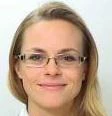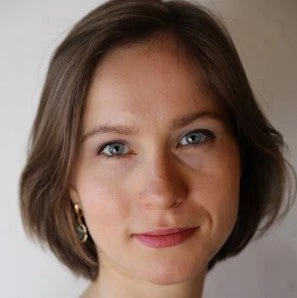
iHub. Photo: Anna Lerner/World Bank
Cities are the engines of growth
People congregate in cities to share ideas, create businesses and build better lives. Urban centers have always been the hearts of economies, driving growth and creating jobs. But cities also strain under the burden, their transport and utility arteries often overloaded with the pressure of supporting rapid urbanization and development. While only around 30 percent of Kenyans have access to electricity, around 60 percent of all electricity is consumed in the country’s capital, Nairobi.
As a result, access to energy can be both costly and unreliable. In many fast-growing cities, the demand for energy outstrips both total supply and the capacity of the grid to deliver that energy to businesses and households. Blackouts are a typical result and they are costly and dangerous. Energy generation is also often very inefficient. As such, energy efficiency holds a big opportunity for reducing wasted energy resources, freeing up financial resources for private and public actors, and reducing the carbon footprints of the mentioned cities.
The Negawatt Challenge seeks to solve some of these problems by tapping into a city’s most valuable resource — the people who live there. Urban residents have the intellectual capital that will enable the city in which they live to tackle its challenges head-on.
Negawatt will catalyze urban residents to begin creating the solutions —hardware, software, business models — that will increase urban energy efficiency in an open and transparent way, and then invest further in developing and polishing the best solutions.
Why these cities?
Negawatt is unfolding in four cities around the world — Accra, Dar es Salaam, Nairobi, and Rio de Janeiro. We picked these cities because of their local governments’ commitment to resource efficiency and green growth, as well as their dynamic and growing entrepreneurial, ICT and technology sectors, which we learned about through conversations with residents, policy makers and technical experts from these cities.
Three of these cities – Nairobi, Accra and Rio de Janeiro – have conducted an initial assessment of energy efficiency potential with the Tool for Rapid Assessment of City Energy (TRACE).
Through the TRACE assessment and WB teams’ conversations with urban residents and global innovation experts, we believe we have identified cities with both pressing problems and the resources to tackle them directly.
How you can help
Want to help? We are looking for collaboration and support. We will expand on this as our needs and ideas develop but for the moment you can:
- Follow us on Twitter using the #negawatt hashtag.
- Compete. Live in one of these cities? Put a team together and come to Negawatt Weekend or submit your pitch through MIT CoLab (a separate announcement will follow).
- Spectate. You can also just come and watch.
- Teach. Know something of value to the competing teams? Teach a short class on entrepreneurship of energy efficiency.
- Sponsor us. We’re looking for additional support, both in-kind and financial.



Join the Conversation